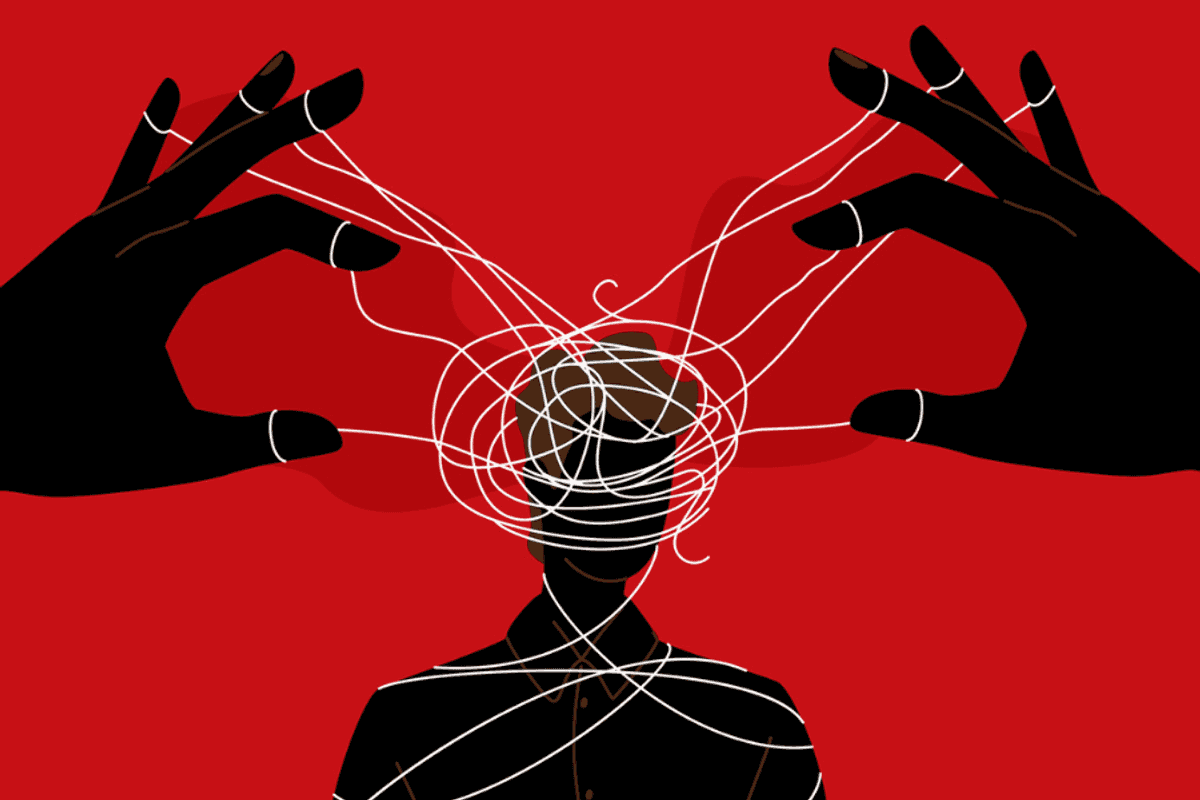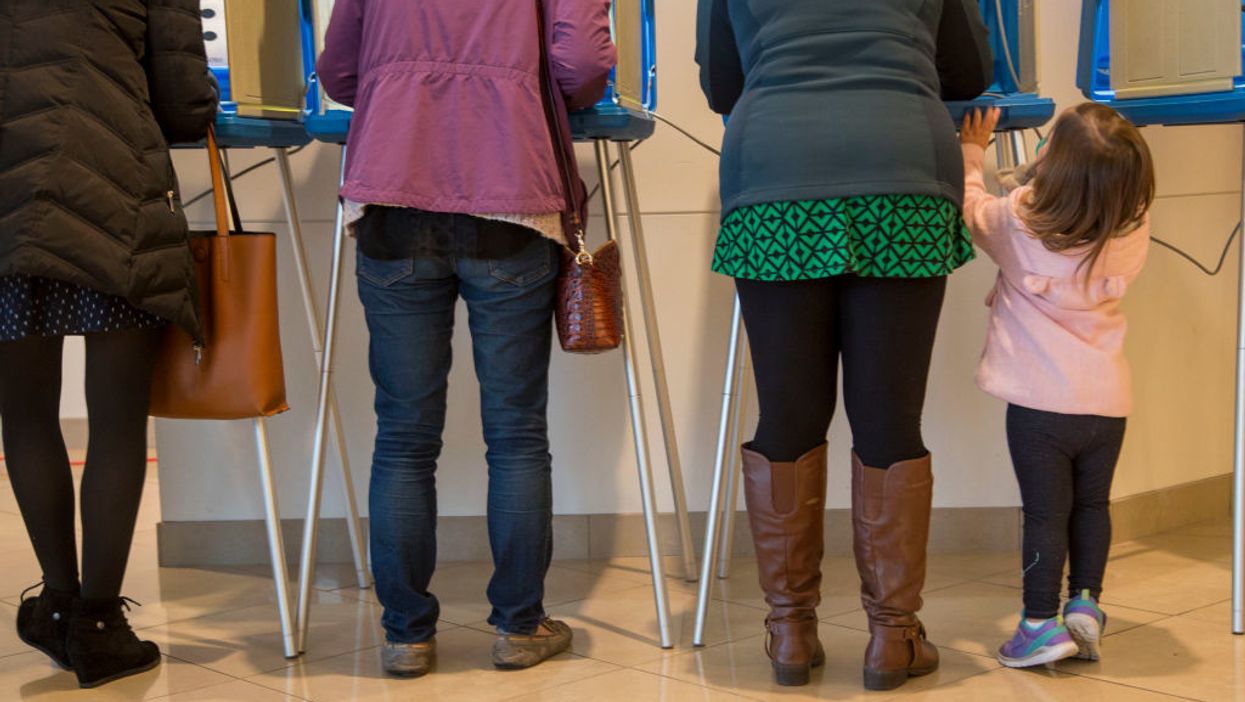With just hours to go, there's still no certainty whether Wisconsinites will have to venture outside Tuesday for one of the most chaotic and potentially dangerous elections in memory.
Gov. Tony Evers issued an executive order Monday suspending the scheduled in-person voting, saying it would be irresponsible during what's projected to be the deadliest week yet in the coronavirus pandemic, which includes more than 2,300 cases across Wisconsin. Already, dozens of polling places had been abandoned and others were to be staffed by the National Guard because poll workers are staying home.
Whether the Democratic governor has the power to unilaterally postpone the election is unclear, and a Republican court challenge seemed certain.
Partisan operatives and voting rights advocates say what happens as Wisconsin conducts its voting and tabulates the results will shape elections for the rest of the year. It's been at least a century, they say, since a public health emergency has threatened to cripple the public's ability to participate in democracy and have confidence in the result.
Evers called for a day of in-person voting June 9. Until he acted, the main suspense looked to be whether the Supreme Court would step in at the last minute, not to postpone the election but to extend it — by permitting absentee ballots to be completed and delivered until next week.
Eleven mayors of Wisconsin cities have also urged state Health Services Secretary Andrea Palm to use her emergency powers to shutter all polling places Tuesday.
Of the 11 states that had primaries scheduled for this month, Wisconsin alone had been pressing ahead with in-person voting — even after the governor issued a statewide stay-at-home order. The main races are the Democratic presidential primary and a hotly contested battle for a state Supreme Court seat.
Democrats say the GOP's main interest in pressing ahead is to assure a suppressed turnout, which they are confident will help their incumbent, Daniel Kelly, fend off a well-financed challenge from liberals hoping to shift the court's ideological balance
The national and state Republican parties have asked the U.S. Supreme Court to overturn a judge's order allowing the return of absentee ballots through next Monday. Usually they must be received by election night to get counted.
The absentee extension, effectively postponing the end of the election by six days, was the biggest accommodation approved by District Judge William Conley in response to lawsuits filed by elderly and minority voters.
He also ruled last week that people who live alone did not have to get someone to witness their absentee ballots, as state law requires. But the 7th Circuit Court of Appeals reversed that decision and asserted that the Wisconsin Election Commission had offered several viable options for getting a ballot countersigned without risking health.
They include:
- Having the witness watch the voter mark their ballot through a window.
- Having people who deliver the mail or groceries sign the ballot.
- Having the witness watch the process over video chat and then leave the ballot outside the door or in the mailbox for the witness to come by and sign it.
Evers and the Republicans who run the Legislature initially agreed it was imperative for the election to proceed because hundreds of mayoralties, county executive posts and other local offices are on the ballot and those offices become vacant in two weeks weeks unless there's a winner.
After weeks of court challenges and partisan maneuvering as the pandemic worsened, it appeared that the election was finally going to be delayed when Evers changed course Friday and called the Legislature into a special session. But Republicans dismissed the governor's plan — which would have extended the period for absentee balloting several weeks but scrapped the in-person vote — adjoining the special meeting Saturday after a few minutes.
If the governor's order does not survive legal challenges, how many voters end up going to polling places on Tuesday and what they will find there remains unknown.
As of Monday, nearly 1.3 million absentee ballots had been requested and more than 724,000 had been returned, record-shattering numbers for the state that raised questions about the ability of election officials to process all the paper in anything close to a timely and reliable way — even if the deadlines aren't extended..
Meanwhile, a severe shortage of poll workers — who are often eldelry and therefore at risk if they catch the coronavirus — had already forced the closing of many voting sites.
In Milwaukee, which normally has 180 polling sites, officials announced Friday that there would be only five.
The National Guard was distributing supplies, including hand sanitizer, to polling sites across the state. In Madison, city workers were erecting plexiglass barriers to protect poll workers and voters were encouraged to bring their own pens to mark the ballots.





















